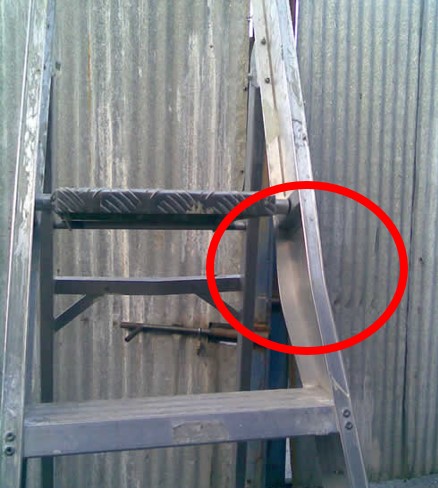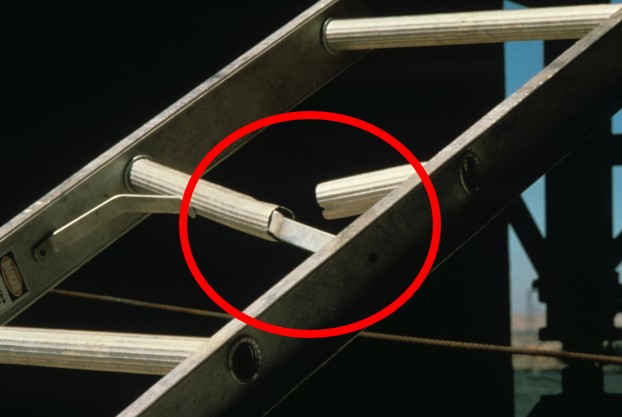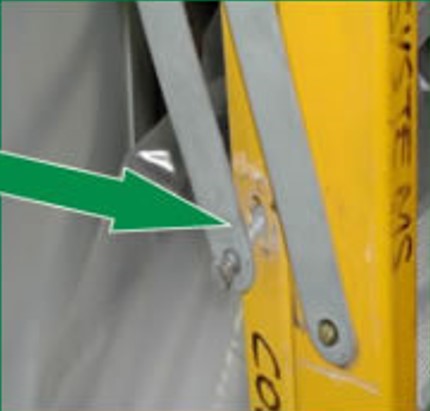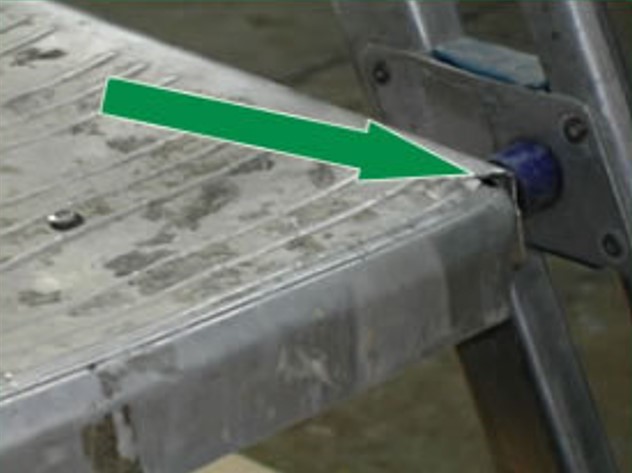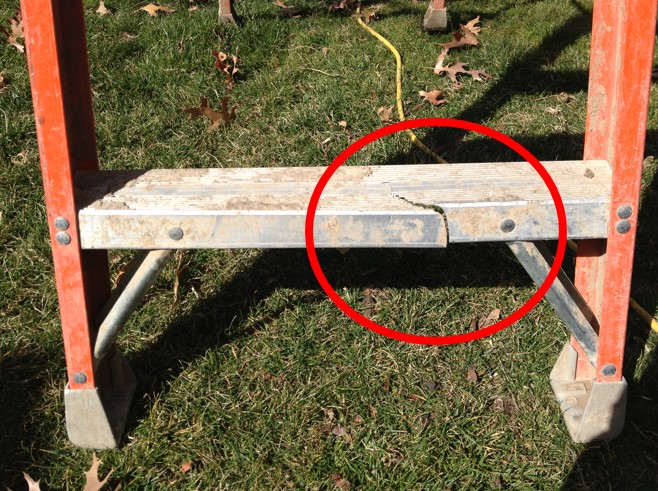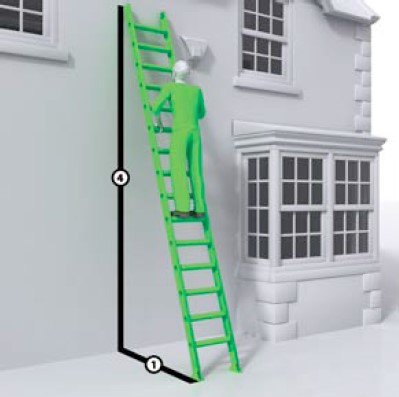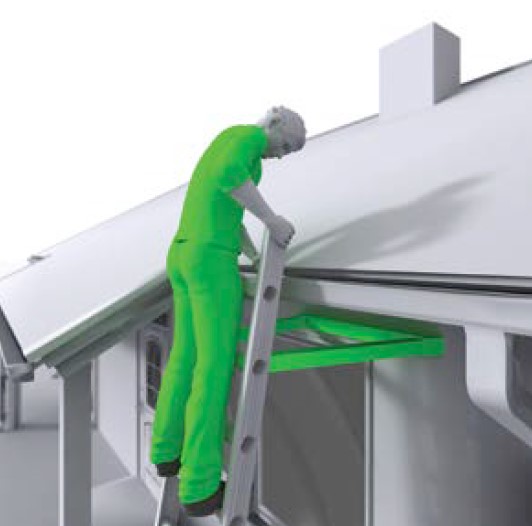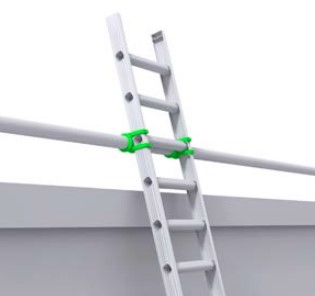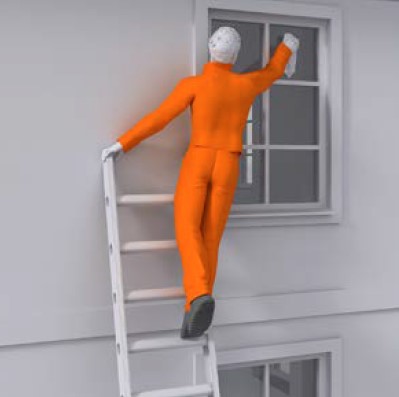LaddersWhen working at height, ladders can be a sensible and practical method option for low risk, short-duration tasks that take less than 30 minutes. However, ladders can only be used for work at height when a risk assessment has shown that using equipment offering a higher level of fall protection is not justified because of the low risk and short duration of use, or there are existing workplace features which cannot be altered. To use a ladder, you should be competent to do so, this means you should have had instruction on how to use the equipment safely, this can be done on the job.
Inspections Under PUWER regulations 1998 equipment should be inspected at regular intervals appropriate to the environment and level of use. Within construction it is usually recommended that ladders undergo a thorough examination no more than every six months. Before using ladders, you should also complete a pre-use check. These should be completed at the beginning of the working day, before use and after something has changed, for example if the ladder has been dropped or moved to a different area of the work site.
Dos and Don’ts When working with ladders there are some important principals which we should bear in mind.
Positioning Ladder Ladders should be positioned on flat stable ground and not on top of moveable objects such as pallets, bricks or vans. It is imperative that you do not work within 6m horizontally of any overhead power line. When placing the ladder, use the 4 in 1 rule; for every four units up the ladder should be placed one unit out. Leaning ladders should be secured, for example by tying it to prevent it from slipping and rested against strong surfaces (not gutters or glazing).
Correct use When using a ladder, you should always ensure that it is high enough for the task at hand. on a ladder to avoid overreaching you should always maintain three points. When ascending and descending you should always face and grip the rungs. It is important to not overload ladders, so only carry light materials, it may be helpful to use a utility belt to free up hands for working.
(All information correct as of February 2019) |

